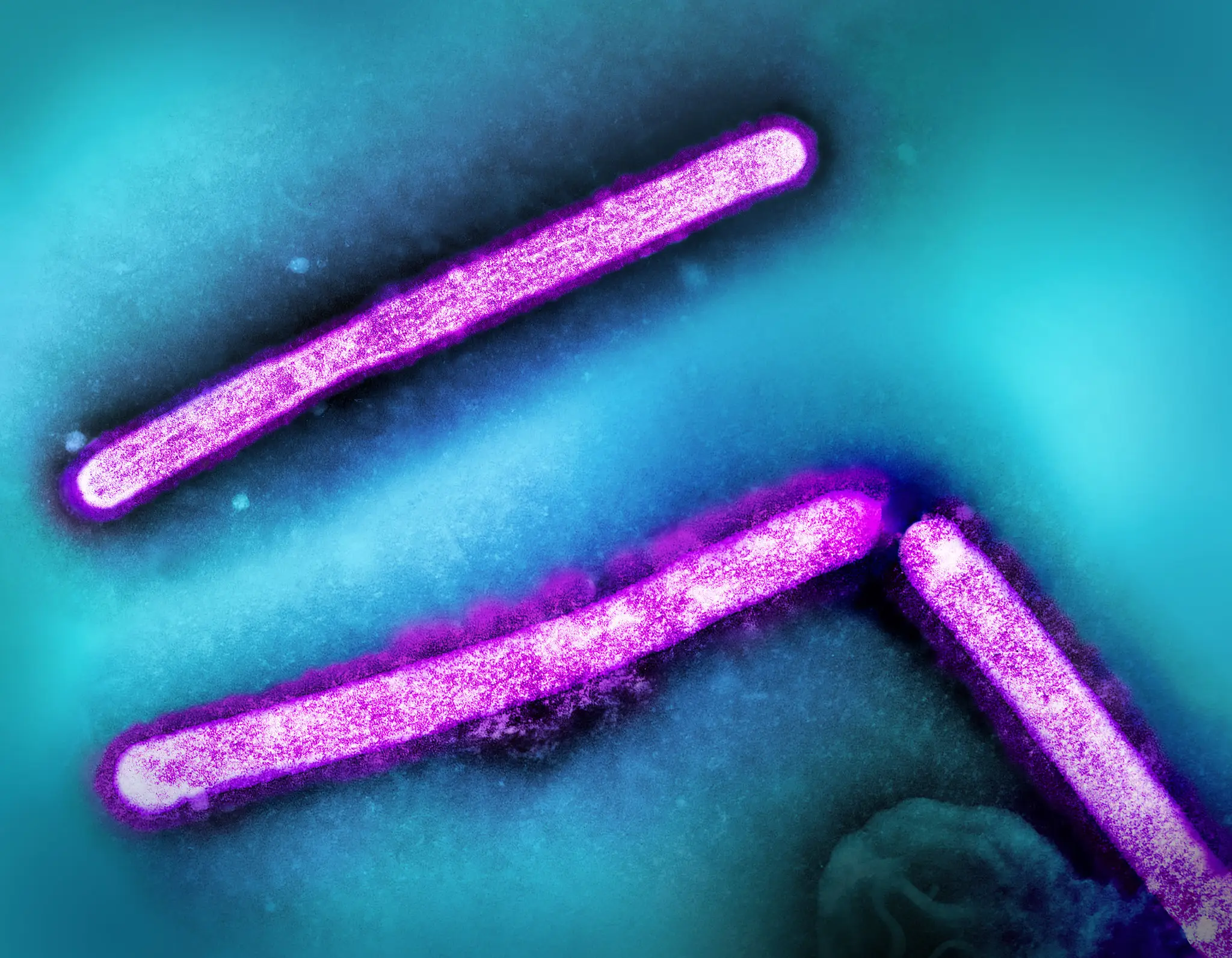A mutation in bird flu detected in a human case is raising concerns, as the CDC monitors infections spreading among animals, including cats, for signs of increased transmissibility.
Key Points at a Glance
- The CDC has identified a mutation in bird flu in a human case, signaling potential adaptation to mammals.
- Bird flu infections in cats have also been reported, heightening concerns about cross-species transmission.
- Experts are closely monitoring the virus for signs of increased transmissibility among humans.
- The mutation does not currently pose an immediate pandemic threat but highlights the need for vigilance.
The Centers for Disease Control and Prevention (CDC) has confirmed a mutation in a human case of bird flu, raising concerns about the virus’s potential to adapt to mammals. Concurrently, new bird flu infections in domestic cats have prompted heightened surveillance, as experts assess the risks of the virus spreading among humans and other species.
Bird flu, or avian influenza, primarily infects birds but can occasionally spill over into mammals, including humans, through direct or indirect contact with infected animals. The recent human case involved a mutation that suggests some level of adaptation to mammalian hosts. While the mutation does not necessarily increase transmissibility among humans, it serves as a warning of the virus’s evolutionary potential.
Infections among cats further illustrate the virus’s ability to cross species barriers. Several cases of infected domestic cats were reported after they came into contact with contaminated environments or consumed infected birds. Such incidents emphasize the importance of monitoring pets and other mammals that may act as intermediaries for viral transmission.
The CDC and global health organizations are closely tracking these developments to detect early signs of human-to-human transmission. While the current risk of a pandemic remains low, the situation underscores the importance of preparedness, including vaccine development and public health interventions to mitigate potential outbreaks.
Preventing cross-species transmission remains critical. Health authorities recommend minimizing contact with wild birds, ensuring pets do not consume raw or undercooked poultry, and reporting unusual illnesses in animals. For individuals handling birds or poultry, using protective equipment and maintaining strict hygiene standards are key to reducing exposure.
The detection of a mutation in bird flu highlights the need for vigilance in monitoring zoonotic diseases, which have the potential to trigger global health crises. Ongoing research and collaboration are essential to staying ahead of evolving threats and protecting both human and animal health.
